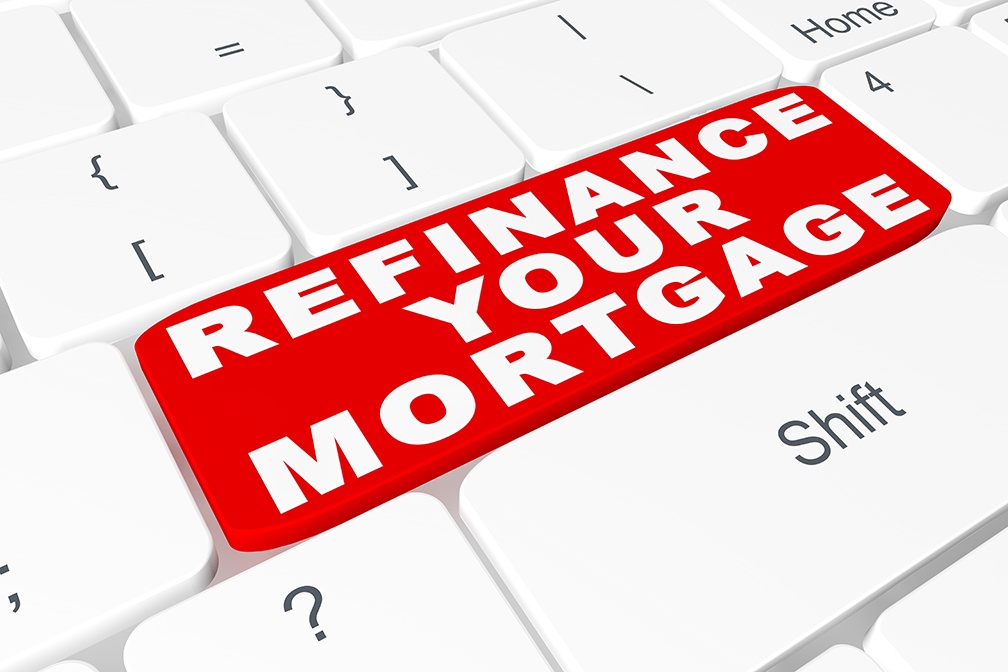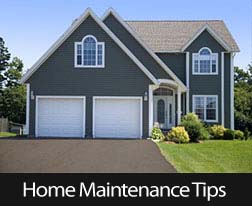 With many young homebuyers entering the market, it is important for those looking to sell a home to think about the features that the younger generation is looking for. With numerous people between the ages of 18 and 34 getting ready to purchase their first home, what are they looking for? There are a few important factors to keep in mind.
With many young homebuyers entering the market, it is important for those looking to sell a home to think about the features that the younger generation is looking for. With numerous people between the ages of 18 and 34 getting ready to purchase their first home, what are they looking for? There are a few important factors to keep in mind.
An Open Floor Plan Is A Must
Work-life balance is one of the most important priorities for the younger generation. Their home will have to cater to this. They plan on spending a tremendous amount of time with family members and friends and this means an open floor plan. An open floor plan refers to having a continuous kitchen, living room, and dining room that is not separated by walls. This will make it easier for them to socialize with the people in their homes. If the home does not have an open floor plan, it will not be attractive to first-time homebuyers.
A Patio With A View
Another feature that a lot of young home buyers are looking for is a patio with a view. Just as they plan on spending time with family members and friends inside, they plan on doing the same thing outside. In order to make this happen, it will need to have a patio with a view. Even though some young homebuyers are going to be looking for a larger deck than others, a home without a deck is not going to be seen as attractive to them.
A Space For A Vegetable Garden
Even though this might come as a surprise to some, the younger generation is very cognizant of their imprint on the environment. A lot of them are looking for ways to grow their own food in their backyard as a way to be more sustainable. If the home has a location for a vegetable garden, it is going to be more attractive. See if there is a way to set up a defined space for a garden.
First Time Homebuyers Are On The Rise
These are a few of the most important factors that first-time homebuyers look for. Homes with these features will be more attractive to the younger generation.
 Last week’s economic news included Commerce Department readings on construction spending, labor sector reporting on public and private-sector job growth, and the national unemployment rate. Weekly reports on mortgage rates and jobless claims were also released.
Last week’s economic news included Commerce Department readings on construction spending, labor sector reporting on public and private-sector job growth, and the national unemployment rate. Weekly reports on mortgage rates and jobless claims were also released. Your home is your castle, your own little piece of the American dream. But lately, your little corner of the world has been feeling cramped and you find yourself eyeing those larger homes. Is it time to pull up stakes and move on from your starter home?
Your home is your castle, your own little piece of the American dream. But lately, your little corner of the world has been feeling cramped and you find yourself eyeing those larger homes. Is it time to pull up stakes and move on from your starter home? There are a lot of people who are looking for ways to get the most money out of their property when they put it on the market. One of the tricks to doing this is to update the home before it goes on the market. Unfortunately, this can also be expensive.
There are a lot of people who are looking for ways to get the most money out of their property when they put it on the market. One of the tricks to doing this is to update the home before it goes on the market. Unfortunately, this can also be expensive. Many buyers anticipate the day they drive to their new home. Then it happens: the movers pull up. It’s time to move everything in. This can be a daunting task, but following a few steps will break down the work and careful planning will maximize space in the years ahead.
Many buyers anticipate the day they drive to their new home. Then it happens: the movers pull up. It’s time to move everything in. This can be a daunting task, but following a few steps will break down the work and careful planning will maximize space in the years ahead. Light is an important design element that can be used to influence your interior decor in a number of ways. In fact, you can experience a major transformative change on the overall style and ambiance of a room by making a few simple lighting changes. Consider how these ideas can help you to improve the look of your space with great results, and think about ways that you can improve your space by making a few changes.
Light is an important design element that can be used to influence your interior decor in a number of ways. In fact, you can experience a major transformative change on the overall style and ambiance of a room by making a few simple lighting changes. Consider how these ideas can help you to improve the look of your space with great results, and think about ways that you can improve your space by making a few changes.

 Right now is the best time to look at refinancing your home. Even if your current mortgage is as young as a year old, you might find that a refinance is in your best interest.
Right now is the best time to look at refinancing your home. Even if your current mortgage is as young as a year old, you might find that a refinance is in your best interest. In most parts of the country, garages are especially appreciated at this time of year. Even if you don’t live in a colder climate, it’s important to do an annual inspection and routine maintenance to keep everything in working order.
In most parts of the country, garages are especially appreciated at this time of year. Even if you don’t live in a colder climate, it’s important to do an annual inspection and routine maintenance to keep everything in working order.